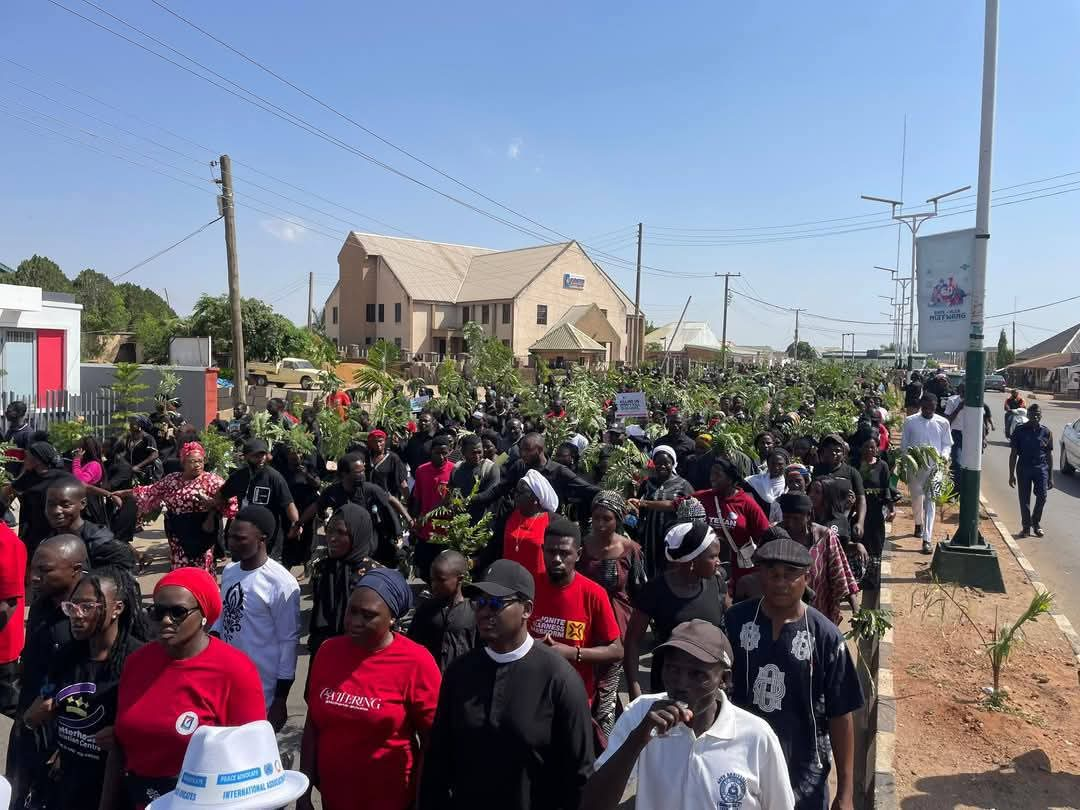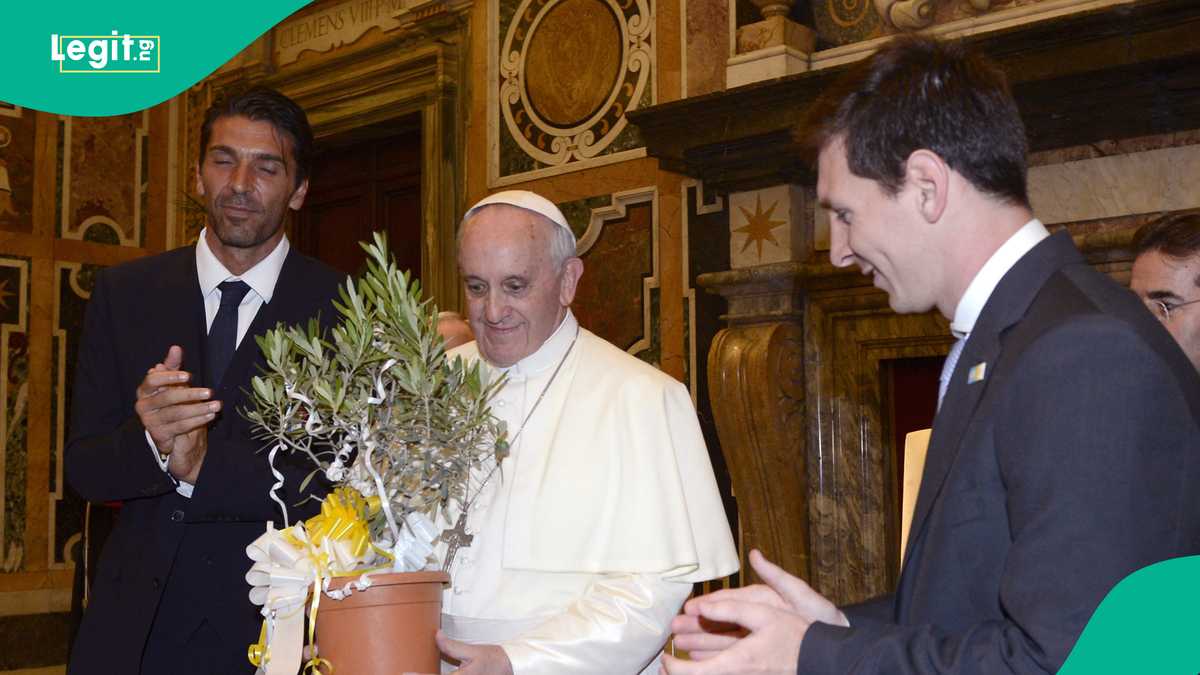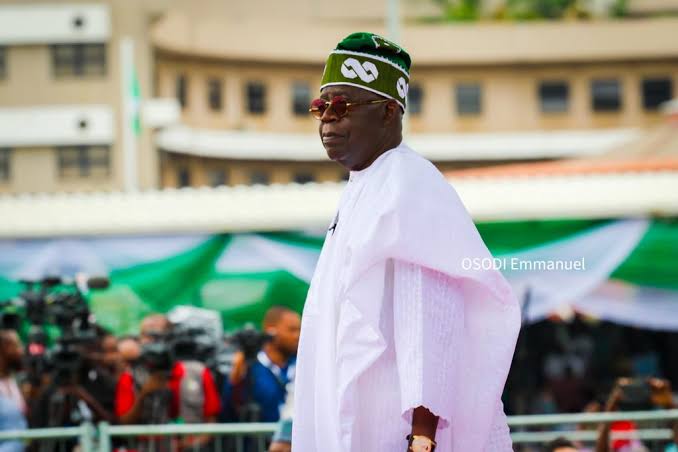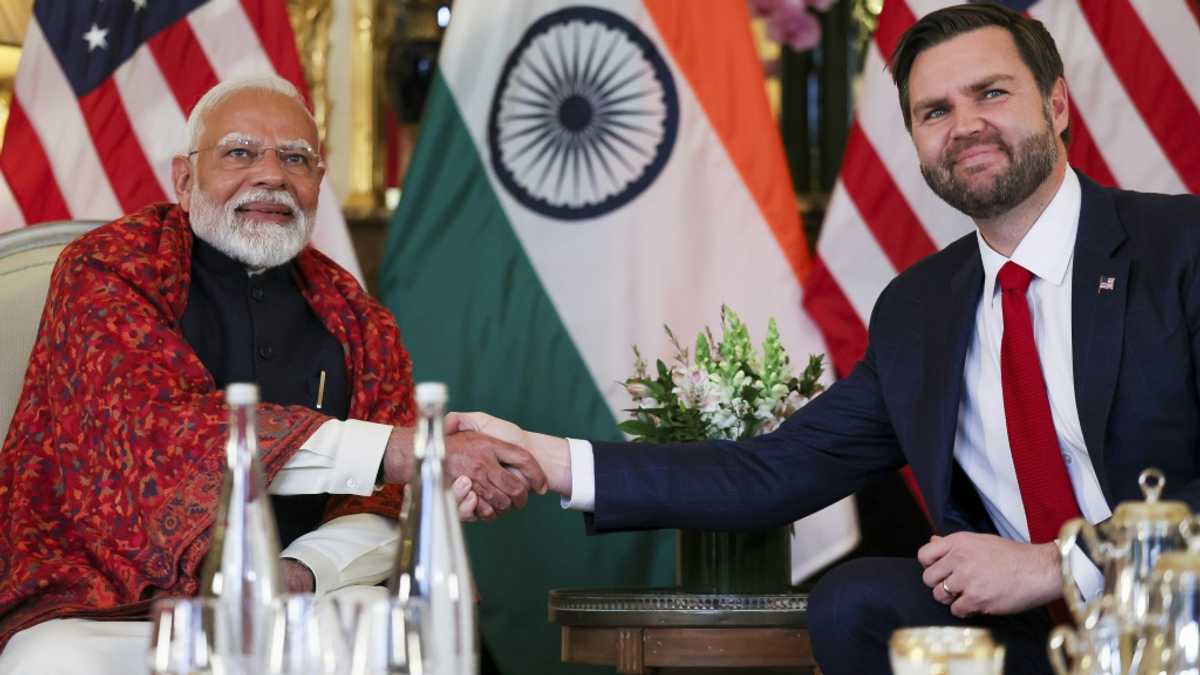Who is Toyin Falola?, By Babafemi A. Badejo
There is no gainsaying that Professor Toyin Falola is Africa’s gift to the world of ideas, intellectualism, and advancement of the human civilisation. From Ibadan he stormed the World, leaving global footprints as a leading architect of the African intellectual renaissance. In many respects, he blazes the trail as a thought leader whose journey and impact cuts across continents, races, and generations.
As a child, I grew up in a premise made up of dual bungalows. A cemented play area separated the main bungalow from a smaller bungalow that had six rooms in what used to be referred to as a face-me-I-face-you dwelling, wherein my parents rented a room.
Many an evening, before bedtime, when it was not raining, all the children from their respective rooms in the compound came with their ‘apotis’ (stools) and a few mats and gathered in the cemented common area between the two bungalows. The gathering was to listen to fascinating stories from elderly residents, whether parents or relations of parents, who were in Ijebu-Ode from varying adjoining villages, as apprentices learning one trade or the other.
The stories provided great philosophical underpinnings of values of public-spiritedness, hard work, contentment, avoidance of avarice, etc. A lot of creativity was involved. The stories were often laced with insights from the Yoruba cosmology that included exposure to the world of spirits of all sorts that one finds in the first African novel published in English or Pidgin English outside of Africa, in 1952 in the UK and in 1953 in the US, Amos Tutuola’s The Palm-Wine Drinkard. Before Tutuola, though, DO Fagunwa had, in Yoruba, pioneered the creativity of taking people into the realms of spirits, demons, and the dead.
At an early age, children were socialised into many different worlds. These tales were by the moonlight or in almost total darkness, as there was no electricity but a flicker of light provided by kerosene lamps of all sorts. The lantern was popular in this regard. These formed my first conjectures about “iwin”,”ẹbọra”, àjẹ́, and even Fela Anikulapo Kuti’s adoption of “abamì èdá,” following being initially known as Omo ìyá àje. These older story-tellers never clarified how “iwin”, differed from “ẹbọra”. But we knew that àjẹ́ referred to an initiated human female, with supernatural powers, including powers to take life. But in these unisex days, I guess a human male can also be an ajẹ́.
Both “iwin” and “ẹbọra” as supernatural elements, we were told, were ghosts or ghost-like. They could be encountered in the deep forests or like the dead, only in dreams. We knew of older women suspected to be àjẹ́, but as kids, we could only imagine “iwin” and “ẹbọra”. After all, they were not of our world. But that was not until Chief Olusegun Obasanjo accepted being dubbed as “ẹbọra” Owu. Spirits can be malevolent or benevolent, depending on the circumstances and one’s beliefs.
Since Baba Obasanjo is a known “ẹbọra”, then it is possible for living beings to have supernatural capacities that earn them the appellations of “iwin” and “ẹbọra”. Or a unique superhuman persona like Fela could result in the acceptance that such a being is an “abami eda”. Of late, I have been wondering about which would be the correct appellation for Toyin Falola. For all he has achieved and continues to achieve, I asked him which would be the correct description for him from all or none of the above. Toyin Falola responded with a question: what of all the above?
There is no gainsaying that Professor Toyin Falola is Africa’s gift to the world of ideas, intellectualism, and advancement of the human civilisation. From Ibadan he stormed the World, leaving global footprints as a leading architect of the African intellectual renaissance. In many respects, he blazes the trail as a thought leader whose journey and impact cuts across continents, races, and generations.
A total of nine Festschrifts have been produced in his honour. Beyond the written word, Falola has been a formidable voice in shaping African studies, delivering keynote lectures across the globe, serving as president of the African Studies Association, and leading landmark academic and policy discussions on Africa’s place in the world. Mr Toyin Falola has granted so many interviews to many media platforms, not only on the state of African studies and scholarship, but also on critical issues to the society, economy, and politics of Africa and the world at large.
A recipient of numerous prestigious honours that affirm his unparalleled all-encompassing contributions to academia. Herein lies the most interesting part of Toyin Falola’s legacies. His fine capacity to achieve such an uncommon feat in academics, yet capable enough to attend to so many other areas of interest at the same period, over about seven decades of life. This is something many academics continue to find extremely difficult, if not nearly impossible. He has brought very significant contributions to the study of the Humanities, Social Sciences, Literature, and Jurisprudence.
His various efforts over the past decades have reputedly resulted in the authorship, co-authorship, and editing of over 200 books, journals, and academic works on African History, Pan-Africanism, Anglo-African cultures, Latin America and Africa’s interaction with the outside world, to mention just a few. His seminal works, such as Key Events in African History: A Reference Guide, Nationalism and African Intellectuals, as well as Tradition and Change in Africa, have become indispensable in the study of African history and politics. Through many innovative platforms, such as the Toyin Falola Network, Falola Interviews, and Falola Media, he has continued to engage consistently, sharing his ideas, depths, and experiences.
A total of nine Festschrifts have been produced in his honour. Beyond the written word, Falola has been a formidable voice in shaping African studies, delivering keynote lectures across the globe, serving as president of the African Studies Association, and leading landmark academic and policy discussions on Africa’s place in the world. Mr Toyin Falola has granted so many interviews to many media platforms, not only on the state of African studies and scholarship, but also on critical issues to the society, economy, and politics of Africa and the world at large.
Indeed, Falola’s towering global stature as a leading global scholar has been well documented. But not much is said about the life-touching things he does in the quiet, intimate corners of humanity. Beyond academics, his compassion has often revealed itself in deeply personal and localised ways. On such occasions, he extends not only his voice but his hands and heart to friends in trouble.
Falola’s approach has often been to reach out, mobilise support, and restore hope and happiness. He does these by sometimes driving heartfelt fundraising campaigns to help colleagues in distress, to pushing for support for ailing and needy colleagues and friends. One such moment was his response to the tragic ordeal of Professor Adigun Agbaje, when the institution he worked for, while on leave of absence from the University of Ibadan, abandoned him in the hands of kidnappers, even though he was on an official assignment when he was abducted. Falola stood firm in amplifying voices, drawing attention, and catalysing moral and financial solidarity with Agbaje’s family and friends.
Similarly, when Professor Ayo Olukotun took ill and later passed on, Falola did not fold his arms. Twice, he used the trust of friends to raise funds for the period of sickness and subsequent burial, since the institution he also worked for would not do much. He went a step further in championing a foundation in Olukotun’s memory, as a tribute and a living commitment to their shared ideals: justice, knowledge, and a better Nigeria.
It is this same usual character that Falola came through, adorned in his surprising customised adirẹ fabric, as gifts shared at my 70th birthday celebration, with his rich, insightful lecture in my honour in March. That lecture titled, “Power, Privilege and Philosophy,” was delivered with an alluring charm and depth that left the audience at once chuckling and thinking. Anyone who has listened to Falola from the rostrum knows that he has a unique way of delivery, aesthetically wrapping sharp critiques in wit, using humour as both a shield and sword in the quest for truth. Toyin Falola is a master in the twin approaches of story-telling and real deep academic talk in his delivery of lectures and speeches.
His seven-decade life is filled with numerous awards, and various honorary Doctorates worldwide, the latest, being an honorary Doctor of Law from the University of the Free State in South Africa. In addition, he had been bestowed with several African titles and global acclaim. However, it is Falola’s localised empathy, large-heartedness and intellectual generosity that remains one of his most profound and enduring legacies. Toyin Falola is a towering figure with a tender spirit, full of grace and humility.
In an assessment of the Toyin Falola superhuman with a large heart, Professor Serges Kamga said: “…it should be stated clearly that this enigma of a human has given selfless service to humanity. He epitomises humaneness. Throughout the stages of his academic history and career progress, he has continuously advanced the courses of people through his philanthropic disposition to people with whom he has no genetic or communal ties. Falola believes tenaciously that the growth of another individual has never been an impediment to others, and for that reason, he is a committed investor in the progress of others in ways that cannot be overemphasised…”
His seven-decade life is filled with numerous awards, and various honorary Doctorates worldwide, the latest, being an honorary Doctor of Law from the University of the Free State in South Africa. In addition, he had been bestowed with several African titles and global acclaim. However, it is Falola’s localised empathy, large-heartedness and intellectual generosity that remains one of his most profound and enduring legacies. Toyin Falola is a towering figure with a tender spirit, full of grace and humility. He writes extolling and appreciating the efforts, progress, and achievements of others.
Falola’s firm grip on the ways of culture and religion of the African peoples may have been influenced by his background, growing up in a sprawling, polygamous household that practised Islam, Christianity, and ancient Yoruba spirituality. Falola can connect scriptures in the Bible with tenets from the Quran and yet relate with some deep spiritual chants of the Yoruba Ifa. This interesting mix of different worldviews and religions easily reflects in his thinking and the depth of the stories in his rich academic outputs in various areas of the human and social sciences.
During his address to the graduating students at the University of the Free State in South Africa, Falola, in quick succession, rendered three African folk tales to drive home the import of the rule of law in the organised non-anarchical society. He would have made the chief storyteller of my first decade in life – Buroda Bode – then a mechanic in training grin with envy.
Another round of lectures ended in South Africa and I realised that I should have directed my question on who is Toyin Falola to Dr Bisi Falola – his wife of about four-and-a-half decades. So, Doc, is Toyin an “iwin”,”ẹbọra”, “àjẹ́”, or “abàmì edà” or none or all of the above? To be married to an academic is a major challenge. To be side-by-side with an itinerant scholar always on the move and who reputedly can also remain indoors writing non-stop for five to seven days requires a hugely understanding superhuman of sort.
I salute Mrs Bisi Falola for being a supportively humble and tolerant superb human in her own right. She is ever ready to welcome Toyin’s many friends to sumptuous meals, and even offer professional advice on health, as I was once a beneficiary from her merely listening to my voice over the phone. She got it right that I was sick and needed medical attention. A few days later, she initiated the call to check if I sought medical attention and was improving.
Babafemi A. Badejo, author of a best-seller on politics in Kenya, was a former Deputy Special Representative of the UN Secretary-General for Somalia, and is currently a legal practitioner and consultant at Yintab Strategy Consults, as well as the African Annual Conference at the University of Texas at Austin’s 2025 Nelson Mandela Distinguished Africanist Awardee.











